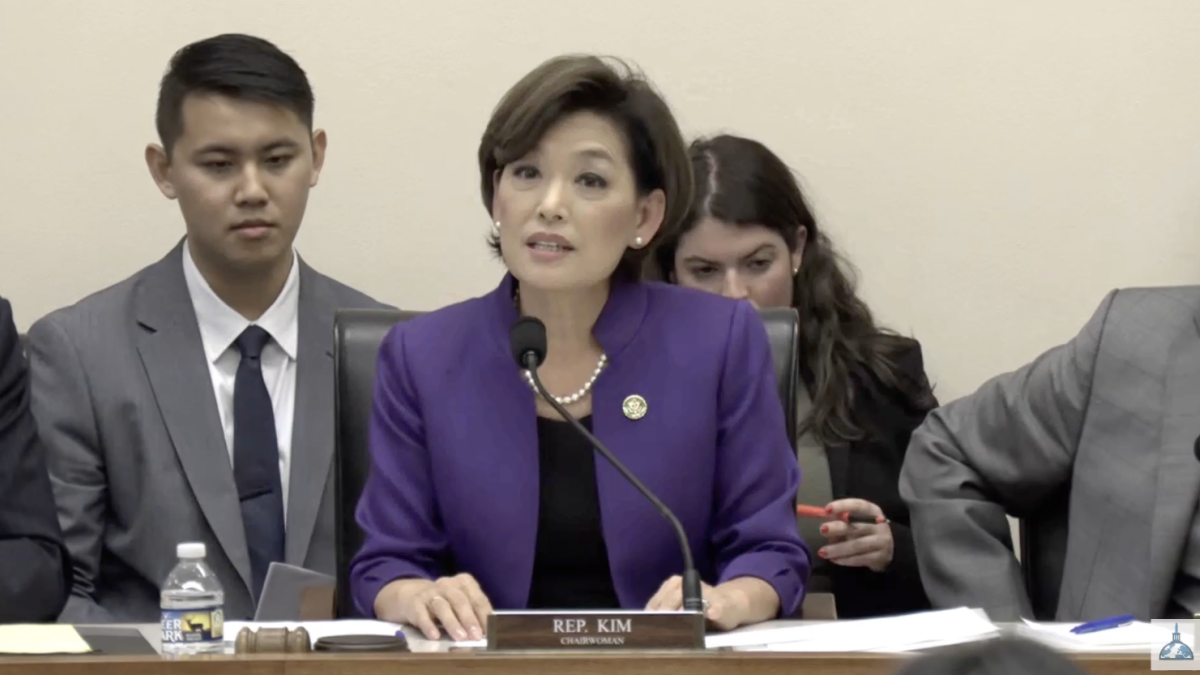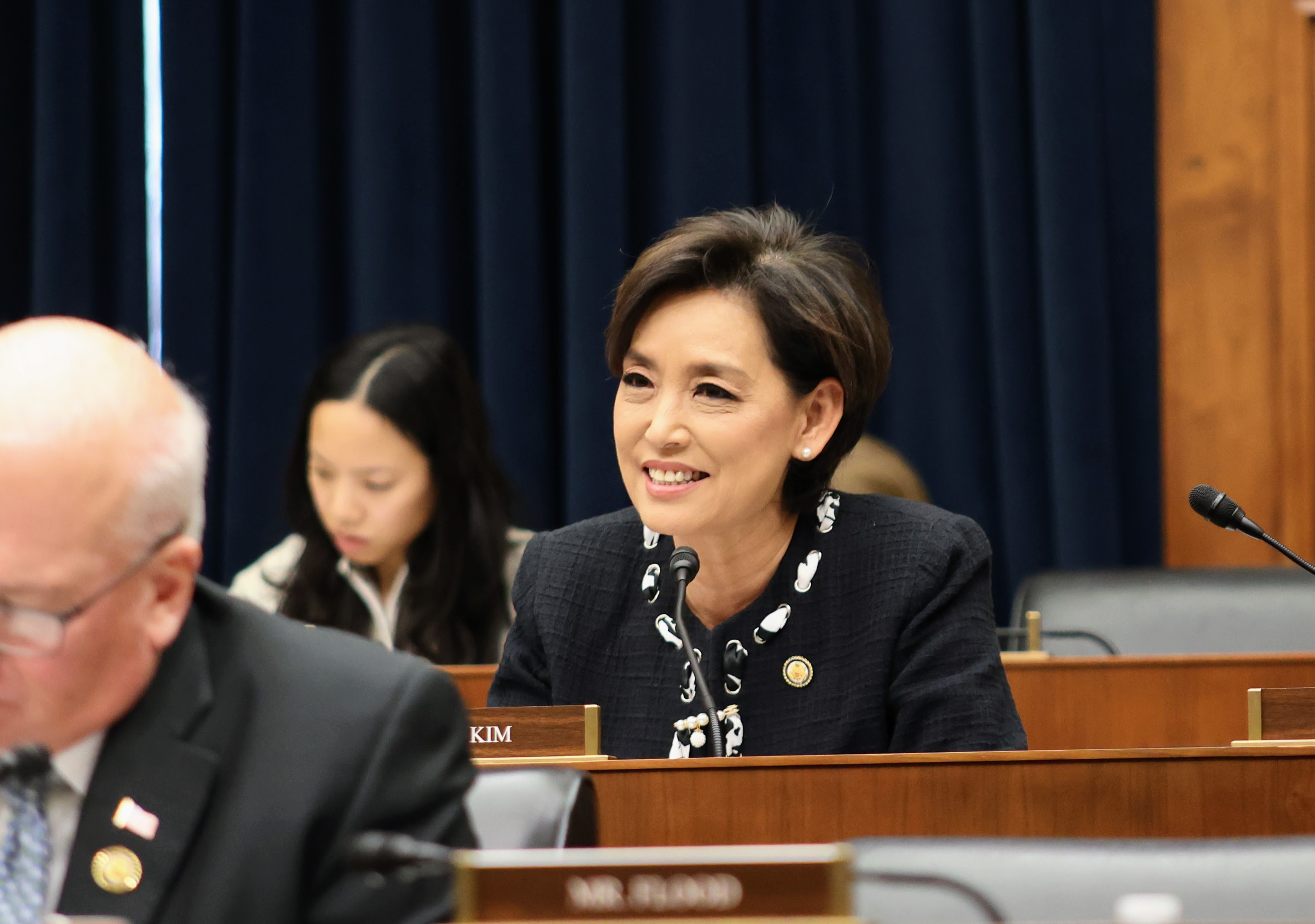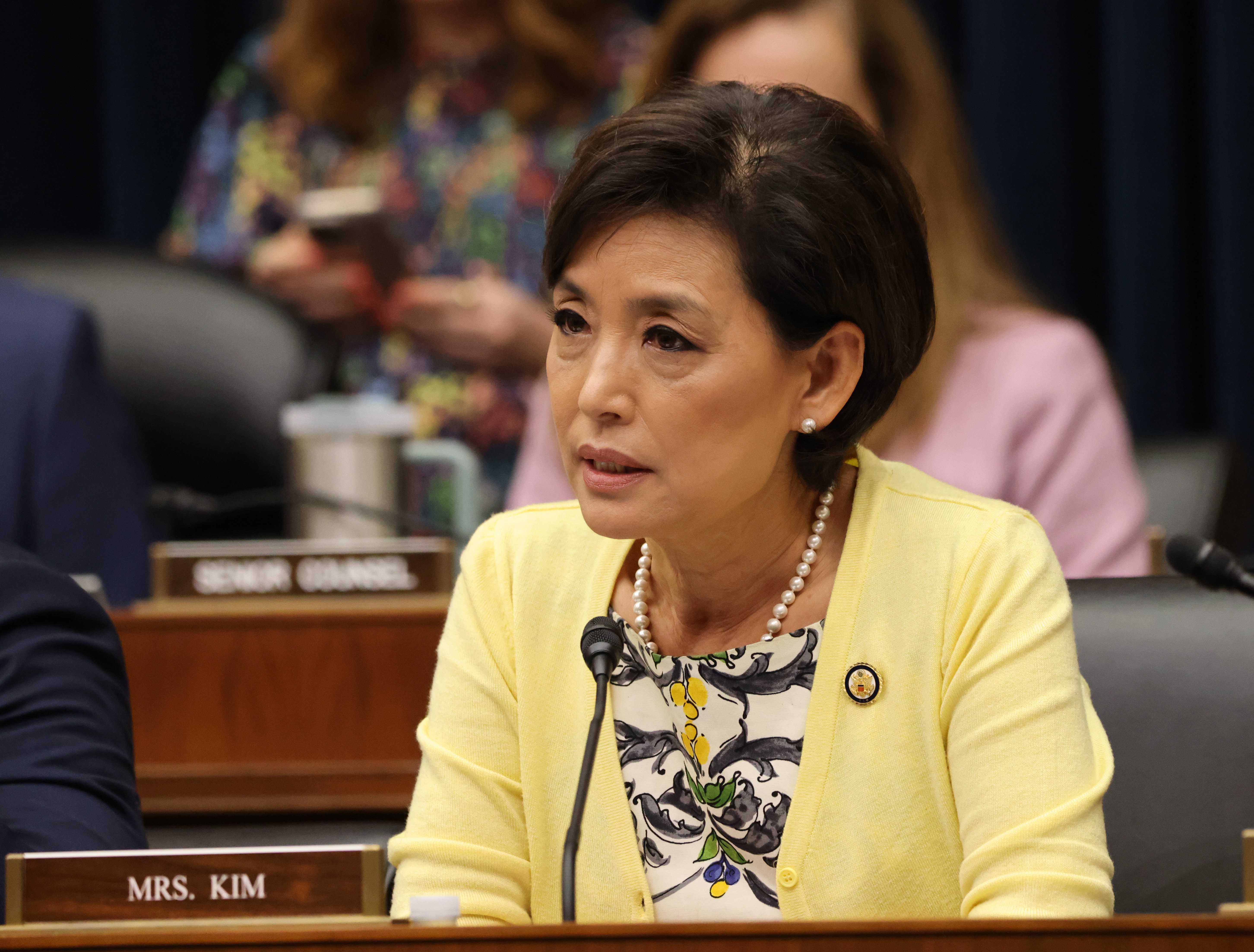Washington, DC – Today, U.S. Representative Young Kim (CA-40), who serves as Chairwoman of the Indo-Pacific Subcommittee, delivered an opening statement at her subcommittee hearing titled, “Lasers and Water Cannons: Exposing the Chinese Communist Party’s Harassment in the South China Sea”.
Last month, Chairwoman Kim led a bipartisan Congressional delegation (CODEL) to Thailand, the Philippines, and Indonesia in the Indo-Pacific to strengthen our alliances and partnerships, assess the Chinese Communist Party’s buildup in the South China Sea, build resiliency in the First Island Chain, discuss human rights, and conduct oversight over U.S. government programming in Thailand, the Philippines, and Indonesia. Read her takeaways from the CODEL in Fox Newshere.
Watch her opening statement here and read her remarks below.
Welcome to the Indo Pacific-Subcommittee’s hearing entitled “Lasers and Water Cannons: Exposing the CCP’s Harassment in the South China Sea”.
The South China Sea is an area of critical strategic importance for the U.S. and its allies and partners. It is one of the busiest shipping lanes in the world, with an estimated $5.3 trillion in annual trade flowing through its waters. The Philippines, Brunei, Malaysia, Indonesia, Vietnam, China, and Taiwan all have territorial claims. The waters are rich with natural resources, including seafood and large reserves of natural gas and oil. The Chinese Communist Party (CCPP) has long maintained illegal claims in the South China Sea, spreading propaganda about its notorious 9-dash line, which is now 10 dashes because they added a dash around Taiwan.
Across the South China Sea, China has illegally dredged nearly 3,200 acres of new land, some of which serve as military outposts and that have runways for military aircraft and isolated “research” platforms that can port military grade vessels. These artificial islands allow the CCP’s Coast Guard to maintain a permanent presence in the Exclusive Economic Zones of our allies and partners. Further, illegal and unregulated fishing activity is destroying the environment and depleting fishing stocks.
I led a bipartisan CODEL with Representatives Andy Barr, Jonathan Jackson, and Jasmine Crockett last month to Thailand, the Philippines, and Indonesia to assess the CCP’s build up in the South China Sea. Just a week before our trip, the CCP’s Coast Guard used lasers to temporarily blind Philippine sailors and water cannons to stop Philippines Coast Guard ships from re-supplying the Sierra Madre, a Philippines ship permanently stationed in the South China Sea to protect the Philippines’ claims to the Spratly Islands.
My delegation flew on a mission with the U.S. Navy over the South China Sea and saw its congestion. Instead of open water, I saw civilian fishing fleets from Southeast Asian countries, patrols from the Philippine Coast Guard, and vessels from the People’s Liberation Army Navy and CCP Coast Guard – by far the largest and most common vessels in the seas – all vying for the same water between reefs and islets. When flying near the Seirra Madre outpost, the CCP navy radioed into our aircraft, asking who we were and demanding that our plane turn around, claiming we were flying over Chinese territorial waters.
Our partners in the region need our help, and our allies are questioning if the U.S. will be there to help if the CCP escalates aggression in the South China Sea. We have willing partners and allies ready to hold firm against the CCP’s aggression, but they need reassurances about the U.S.’s commitment to peace and security in the region. Just this month, for the first time ever, ASEAN countries held joint maritime patrols. The U.S. must encourage and support these activities in the South China Sea.
Congress must take the CCP’s aggression in the South China Sea seriously and ensure that our allied nations are getting the assurances from the Administration that they need. This starts with ensuring our military is supporting these countries’ maritime domain awareness missions. The U.S. must also strengthen its economic relationships with countries in the region as the CCP seeks to use its economic influence as a means to achieve political goals. The Administration’s rhetoric about trade in the region has been positive but has not been met with deliverables.
Finally, the Administration must stop sidelining Congress on its fruitless engagements with the CCP. A number of senior officials have met with the CCP in recent months while the CCP continues to double down on militarizing the South China Sea and acting aggressively toward U.S. allies and partners. For the U.S. to be taken seriously in the South China Sea, discussions with the CCP on this matter must be held from a position of strength.
I look forward to hearing the witness testimony and yield the balance of my time.




